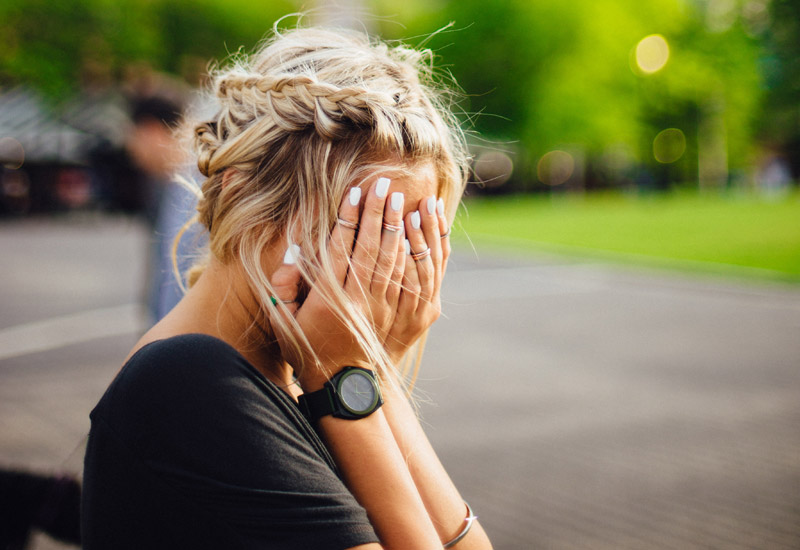As a highly sensitive person, I have to be aware of the symptoms of seasonal affective disorder. Each winter, 500,000 people in the United States are said to become depressed and suffer from seasonal affective disorder or SAD, according to the American Academy of Family Physicians. The cause of this disorder is the decrease in the amount of available daytime light, an amount that drops from the long days of summer months.
It’s not the lack of light that causes a drop in mood specifically, it’s how that drop in light causes reactions in the body. Research from the Mayo Clinic suggests that lack of light can do one of three things in the body to cause depression.
- It disrupts the natural rhythms of the body, which include our natural clock for sleeping and waking up.
- An increase in the body’s level of melatonin, which has a sleep-inducing effect, rises during winter nights, possibly causing depression.
- A drop in serotonin, a natural brain chemical that uplifts mood, could cause an impact because it drops with the decrease in sunlight.
Symptoms of SAD include: fatigue, lethargy, a desire for sweets and carbohydrates, overeating, weight gain, poor concentration, loss of motivation, and loss of interest in daily activities. Any of these symptoms experienced on a consistent basis should be examined further by a psychological or medical practitioner.
While there is no evidence nor any research to suggest that high sensitivity contributes to this disorder, it seems that a connection between high sensitivity and SAD would be a worthy study. What do you think?
I have many of the SAD symptoms. Knowing this helps me cope and take actions to alleviate symptoms. These actions include:
- Going Outdoors: I find that going outdoors literally and figuratively wakes me up. On cold days, I bundle up, go for a walk, and let the sun hit my face and eyes. To increase my exposure to the light, I go without sunglasses or a hat, if possible. Even just short walks can make a difference.
- Exercise: Exercise acts as a natural tranquilizer for me all year around. Almost any activity will help to counter a sense of “cabin fever.” Exercise combats stress hormones.
- Laugh: Laughter starts a cascade of “feel good” chemicals in your bloodstream.
- Organize: I use my indoor time to organize my home, office, etc. It gives me feeling of accomplishment and an uncluttered living space, which makes me feel better.
- Acupuncture: I have found acupuncture helpful in getting my mind and body better balanced.
Do you have SAD? If so, what do you do to combat it? I’m interested in any thoughts or comments that you have.
If you find my content useful, I would appreciate it if you would share it with others! Feel free to use the share buttons below, or to add your comments to this post. I do respond to comments!
Join my community, and get my free e-book and twice per month newsletters, 17 Powerful Tips To Help You Thrive As A Highly Sensitive Person. I have an archive of my previous newsletters. Some topics include: Are you a magnet for toxic people?… Do you give up too easily?… Would you rather be perfect or productive?… and much more!

